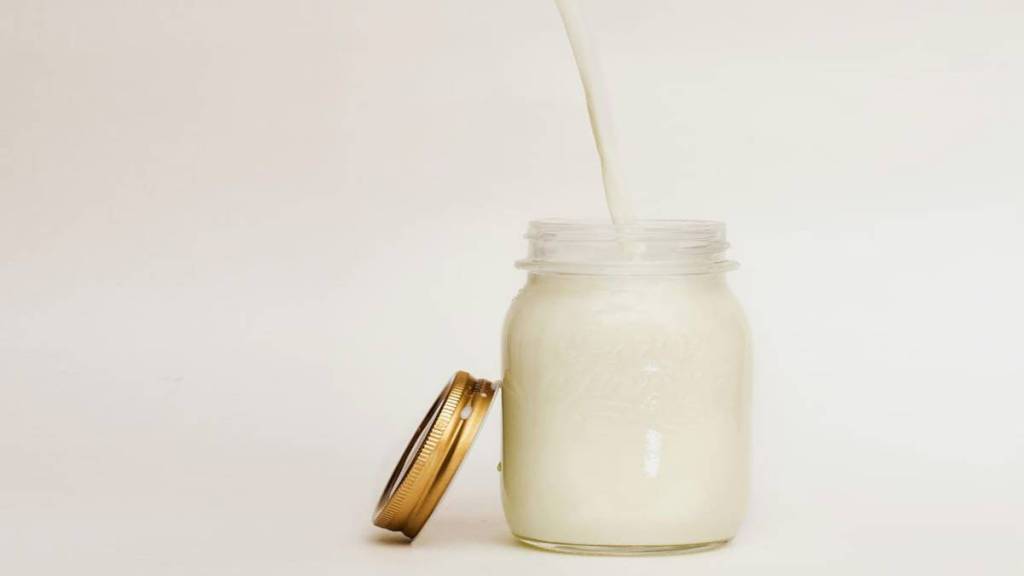By Dr Umesh Vaidya
In a united front to advocate for the adequate availability of pasteurized donor human milk (PDHM) to save the lives of premature infants, 150 neonatologists and paediatricians have launched a compelling petition addressed to the Minister of State at the Ministry of Health and Family Welfare. With India facing staggering premature birth statistics and high neonatal mortality rates, the call for improved access to donor human milk emerges as a critical lifeline for the country’s most vulnerable infants. As the battle to enhance infant health intensifies, experts rally behind the transformative potential of PDHM to revolutionize neonatal care and combat mortality rates.
The World Health Organization (WHO) reports that approximately 3.02 million premature births occur in India annually, accounting for 23% of the global burden. Combined with the fact that India has one the highest neonatal mortality rates in the world at 24.9 per 1000 live births, the need for greater access to human milk products becomes starkly evident.
Human milk banks (HMBs) have a longstanding history of nourishing premature and vulnerable infants when maternal milk is insufficient. They play a crucial role in screening, recruiting, and supporting donor mothers, as well as processing donated milk through pasteurization and microbiological screening. However, despite their importance, HMBs are not adequately integrated into regulatory frameworks, limiting their reach.
The benefits of donor human milk are unequivocal. When direct breastfeeding is not feasible, donor milk, obtained from carefully screened and tested lactating mothers, provides essential nutrients and immune protection similar to a mother’s own milk. It ensures optimal growth and development for the vulnerable premature infants, supporting their critical needs, especially in neonatal intensive care units (NICUs). For infants whose mothers face medical challenges hindering breastfeeding, donor milk offers the best possible start in life. WHO recommends screened and PDHM in the absence of mothers’ milk for premature infants.
Despite these proven benefits and recommendation, the capacity of milk banks in India, processing only 36,000 litres annually, is grossly insufficient to meet the demand. Milk banks are primarily situated in government hospitals and cater to in-patient needs. However, with nearly 70% of healthcare services being accessed through the private sector, there is a significant gap in the availability of PDHM for pre-term or low birth weight infants in private healthcare settings.
Born before their due time, premature infants need additional supplementation of nutrients to help them “catch-up” on growth, with their term peers. Human-milk fortifiers, especially those derived from human milk, are crucial for infants struggling to gain weight despite adequate breastfeeding. Studies indicate that donated human milk and human milk-based fortifiers (HMBF) reduce the incidence of sepsis, feed intolerance, necrotizing enterocolitis (NEC), and shorten hospital stays compared to bovine milk-based fortifiers (BMBF), leading to better health outcomes and survival that further impacts reduced hospital costs.
Commercialization can inspire innovation, secure greater reach to the masses, ensure standardized quality with safe and regulated distribution, all of which will benefit infant health in the long run. It needs emphasis that donor human milk is intended for premature infants under supervision and prescription of medical professionals in a hospital environment.
Critics worrying about donor exploitation, particularly among vulnerable populations is logical. However, with strict regulations and ethical oversight, donors can be fairly compensated and protected.
Collaborations with healthcare providers, advocacy groups and community outreach initiatives further strengthen this ethical framework.
Concerns on cost-related access disparities overlook the potential for commercial markets to lower prices through competition and economies of scale. Companies can also implement subsidy programs and partner with health organizations to ensure even low-income families have access to donor human milk. The focus should be on creating equitable access through strategic commercialization rather than assuming it will increase disparities.
Regulation will require companies to follow a comprehensive process for screening, collection, and processing of maternal milk, ensuring transparency and building trust among consumers and healthcare providers. However, current guidelines for lactation management centres in public health facilities do not adequately accommodate private milk banks, highlighting the need for tailored regulatory frameworks.
The limitations of existing regulations underscore the necessity of developing specific guidelines to address the unique operational requirements and quality standards of private entities like Neolacta. By attracting investment, encouraging innovation, reducing costs, fostering partnerships, and ensuring regulatory compliance, the free market can play a pivotal role in making donor human milk products a universally available resource for premature and vulnerable infants.
(The author is an MD – Paed DNB, Senior Consultant Pediatrician & Neonatologist. Views are personal and not necessarily those of financialexpress.com)









